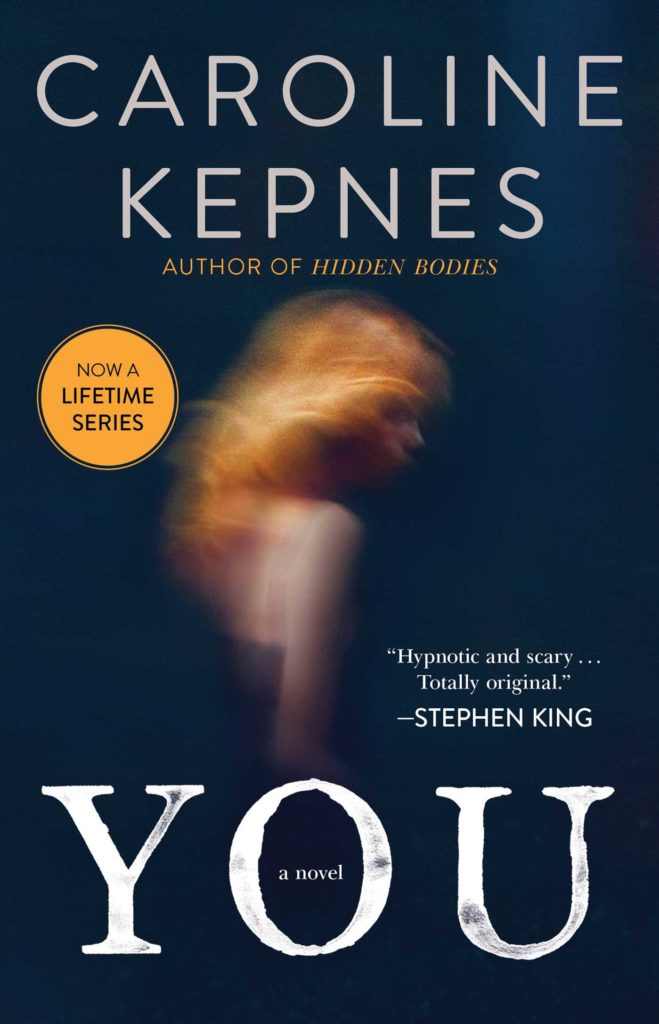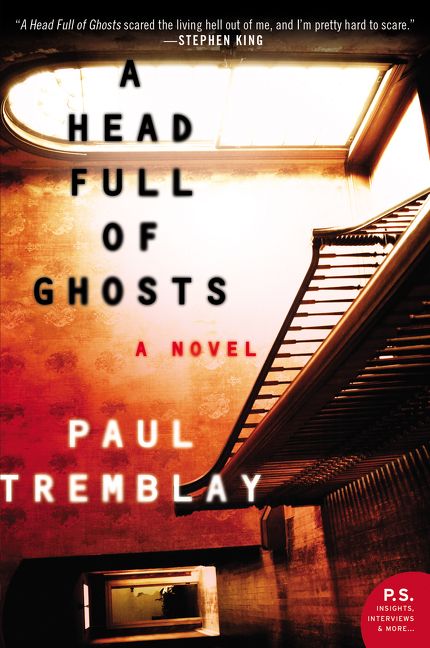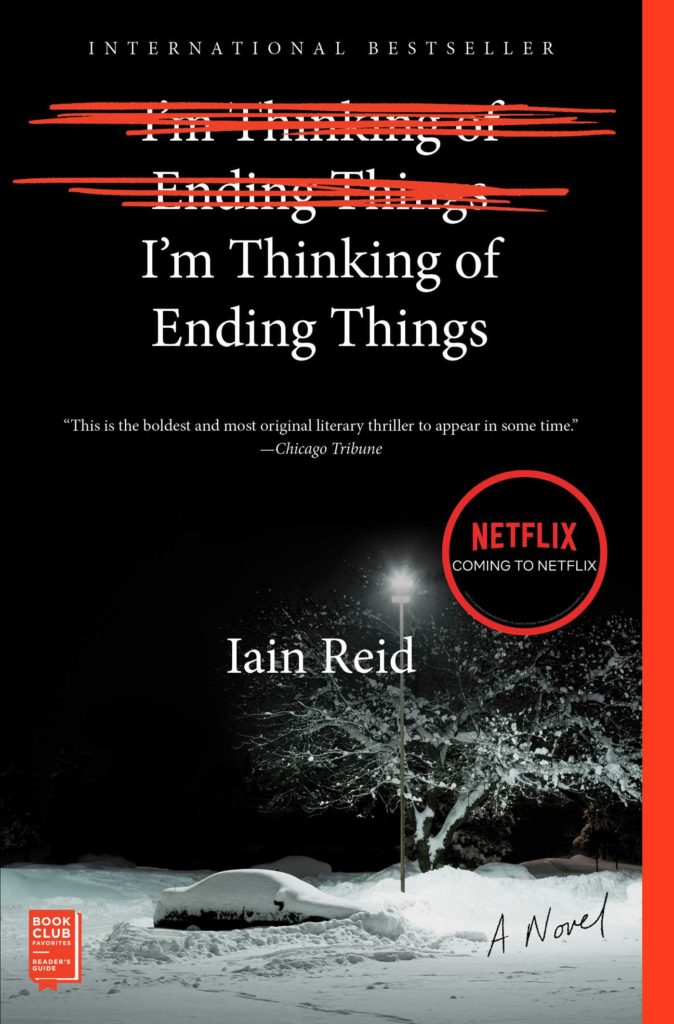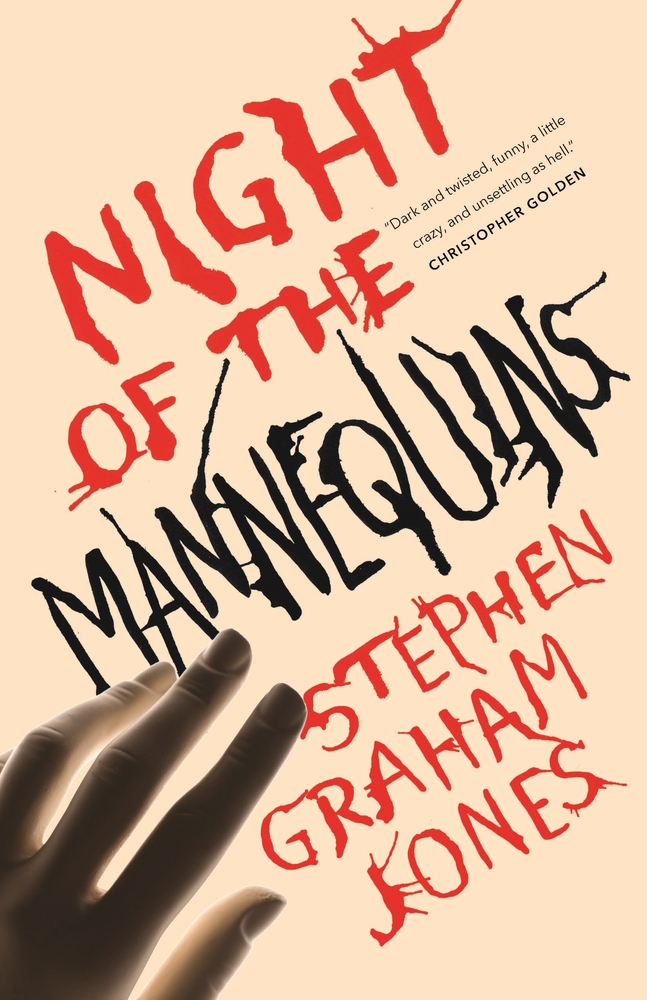sample heading
I am not scared when I turn off the lights in my home at night. I am briefly spooked when the lights go off in my home of their own accord. A sudden power outage catches me unawares in a way that purposely shutting off a light doesn’t; it creates an unseeing, opaque environment I wasn’t expecting.
Similarly, I can read some novels about murder and mystery and supernatural terror with more pleasure than discomfort. I am experiencing their events with certain expectations. One of those expectations is that the things I am reading are, in some sense, true — at least in the confines of this fictional world. The characters and I are in this together. Occasionally, I even know more than they do, giving me more imaginative control as I watch them plod along through disaster.
Compare that sensation to a novel narrated by a character you can’t trust. A novel in which you cannot parse what’s true, true-ish, or a flat-out lie. A novel you’re experiencing through the eyes of someone who may be a victim, a villain or, quite often, both.
That’s more disorienting than a rolling blackout. When an author introduces an unreliable narrator, you and the characters may be in this together, but you’re not working together. And you don’t even know what this is.
It makes sense then why so many people love an unreliable narrator — and so many people hate them. In a work of horror, being unable to trust the story itself adds a new level to the terror. The horror feels more intimate, more personal, and more like an attack.
The unreliable narrator takes something from you, the reader. It takes from you the sense of security you have about how stories work. It subverts something you think you understand — narrative form — and transforms it into something ghastly and unexpected.
The unreliably narrated book sneers at you, taunts you. “You thought you understood this, but you know nothing.” Perhaps that’s why they’re such frightening stories: they feel too lifelike, too real, too close to how the real world works.
If you hate an unreliable narrator, stop reading now. If you revel in the uncertainty and obfuscation, though, here are five picks for your next reading journey. The less said about them and the less spoiled, the better.

We Have Always Lived in the Castle, Shirley Jackson
Start with the master: Jackson. Merricat and Constance Blackwood, along with their Uncle Julian, are the surviving members of a once-grand family. The rest were poisoned at dinner years ago. Constance didn’t take the arsenic-laced sugar on her dessert. Merricat wasn’t at the table at all. Now they live in their own version of a haunted house.
Apple | Bookshop.org | Amazon | Barnes & Noble | IndieBound

You, Caroline Kepnes
This one usually gets shelved with thrillers, but anyone who’s read it or watched Penn Badgley charm and repulse in the Netflix adaptation knows this is a work of pure horror. Welcome to the head of Joe Goldberg, who’s charming and self-effacing and also obsessively stalking Guinevere Beck.
Apple | Bookshop.org | Amazon | Barnes & Noble | IndieBound

A Head Full of Ghosts, Paul Tremblay
The subjectivity of memory is at the heart of this multi-layered novel. Fifteen years after the fact, Merry Barrett looks back on a troubling childhood, her sister Marjorie’s illness, and the reality television show that destroyed her family. Interspersed with Merry’s own uncertain recollections are snippets from a blog’s deconstruction of the show.
Apple | Bookshop.org | Amazon | Barnes & Noble | IndieBound

I’m Thinking of Ending Things, Iain Reid
Tense and claustrophobic, this little novel starts as Jake and his girlfriend, our narrator, drive out to his family’s farm. As the title indicates, she’s considering cutting off the relationship even as she prepares to meet the parents. On their journey, things get weird, and short, vague chapters indicate that something’s happened — but you’ll have to wait to find out what.
Apple | Bookshop.org | Amazon | Barnes & Noble | IndieBound

Night of the Mannequins, Stephen Graham Jones
Finally, one to pre-order. Out in September, Jones’s second new book of the year (after The Only Good Indians) is about a teenage prank gone wrong. High schoolers try to prank a movie theater with a mannequin patron, which is funny until one of them sees “Manny” get up and walk away on his own.
Apple | Bookshop.org | Amazon | Barnes & Noble | IndieBound




3 thoughts on “5 Books About the Horror of the Unreliable Narrator”
Comments are closed.